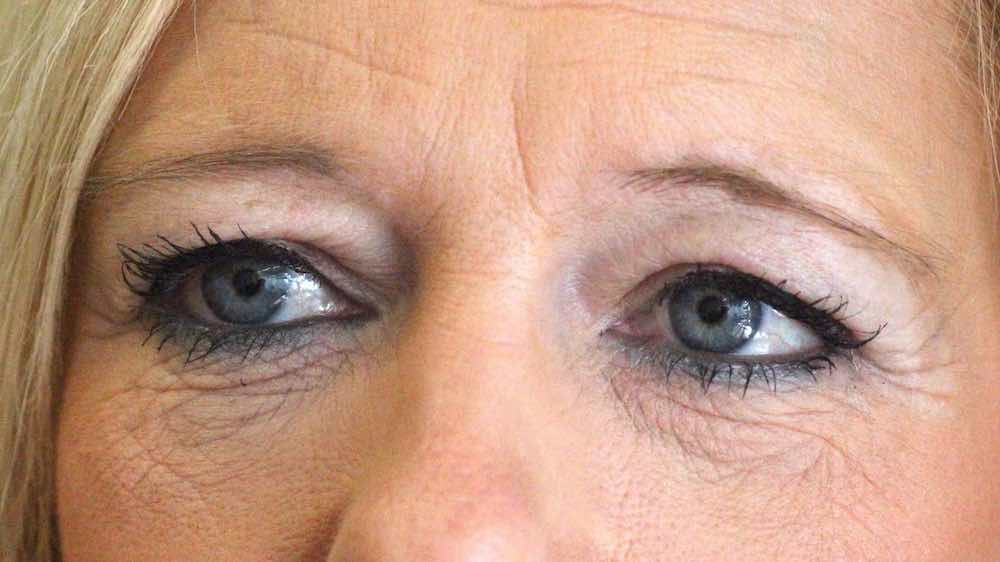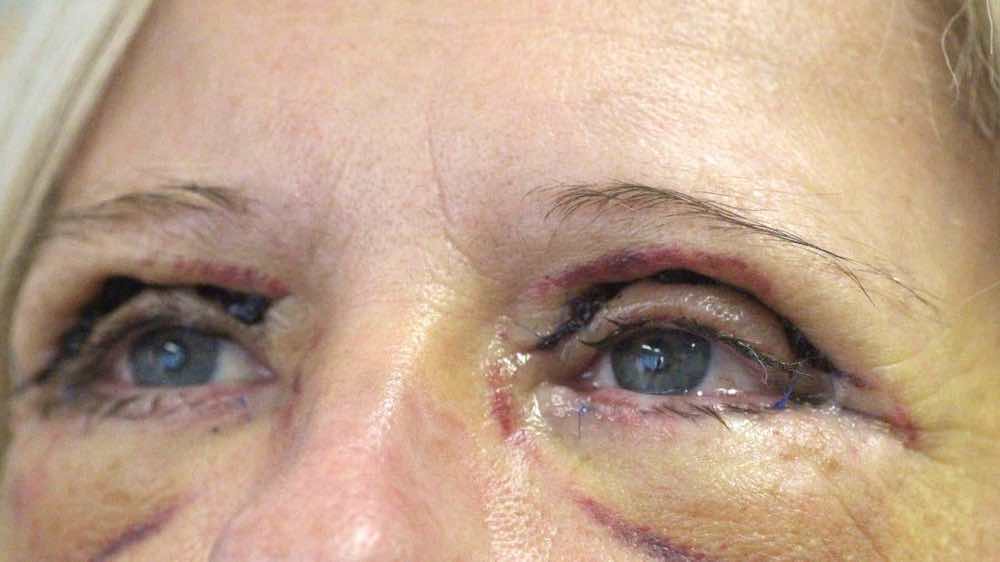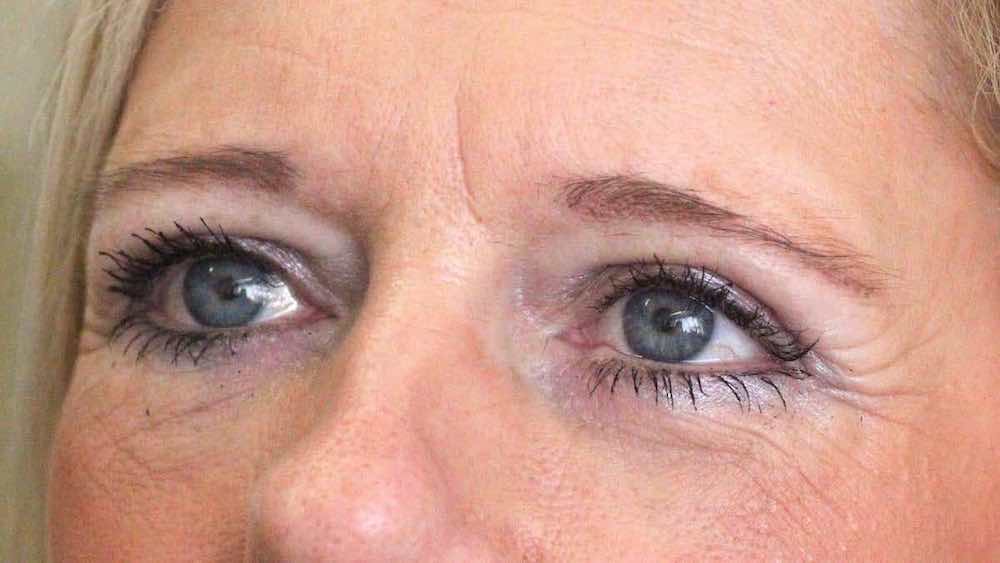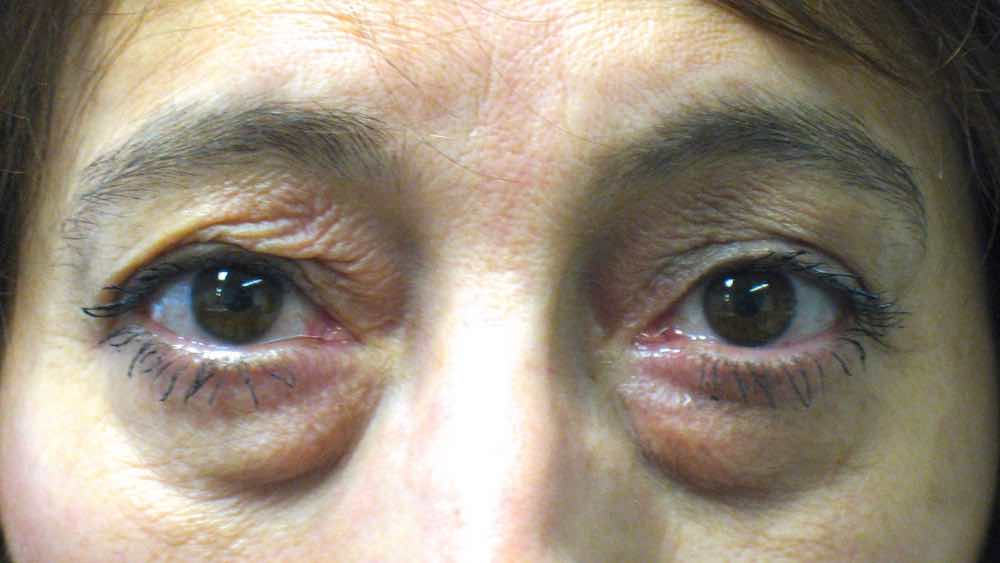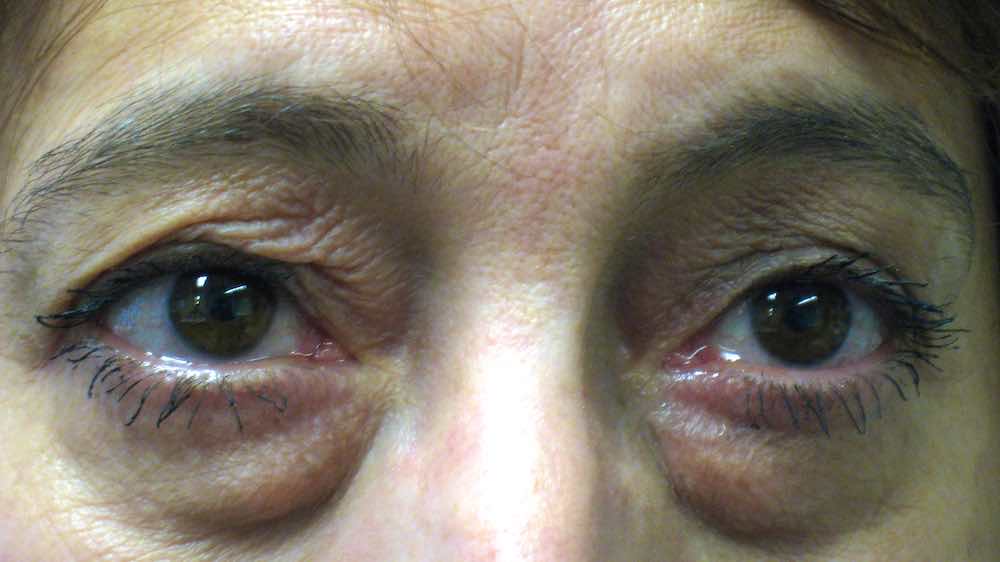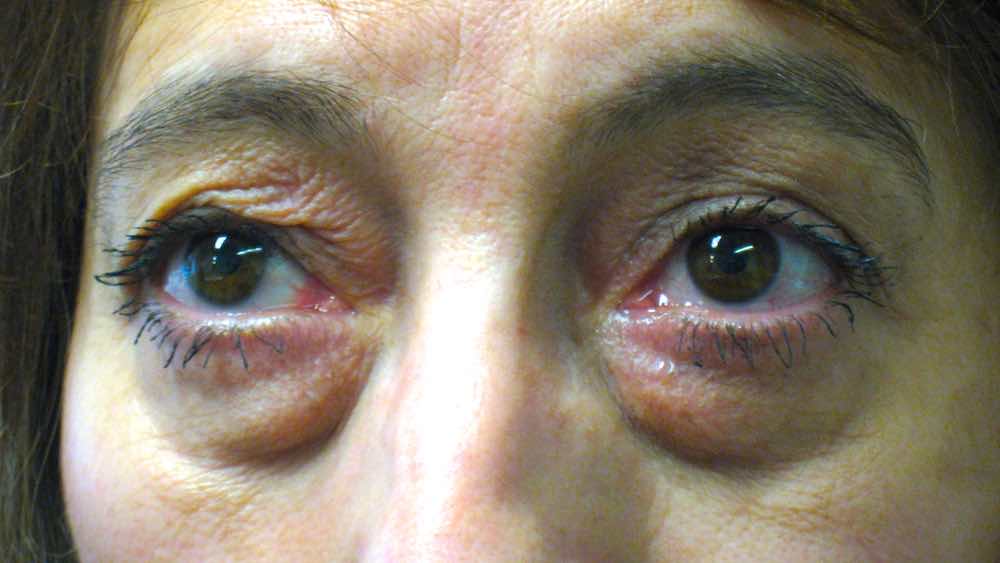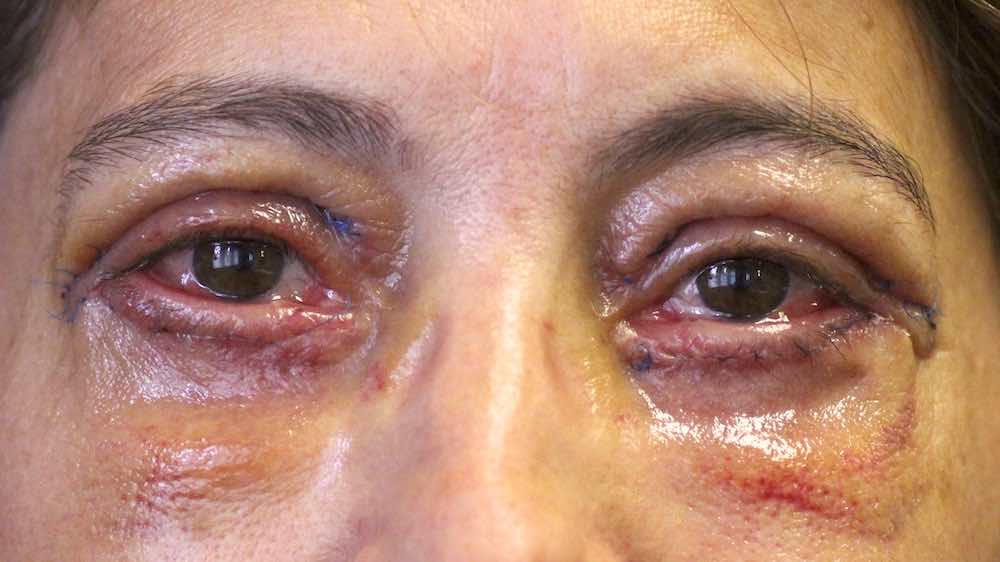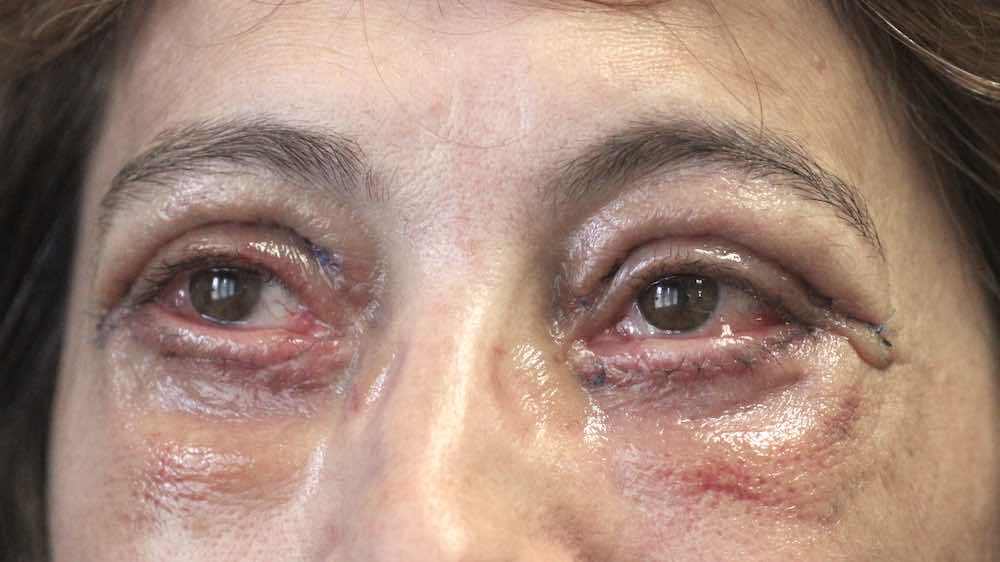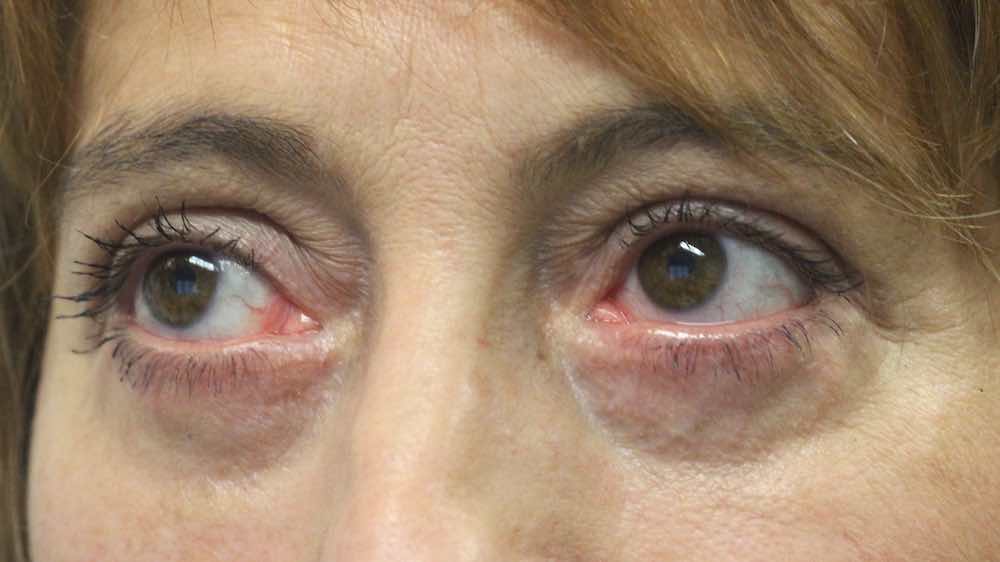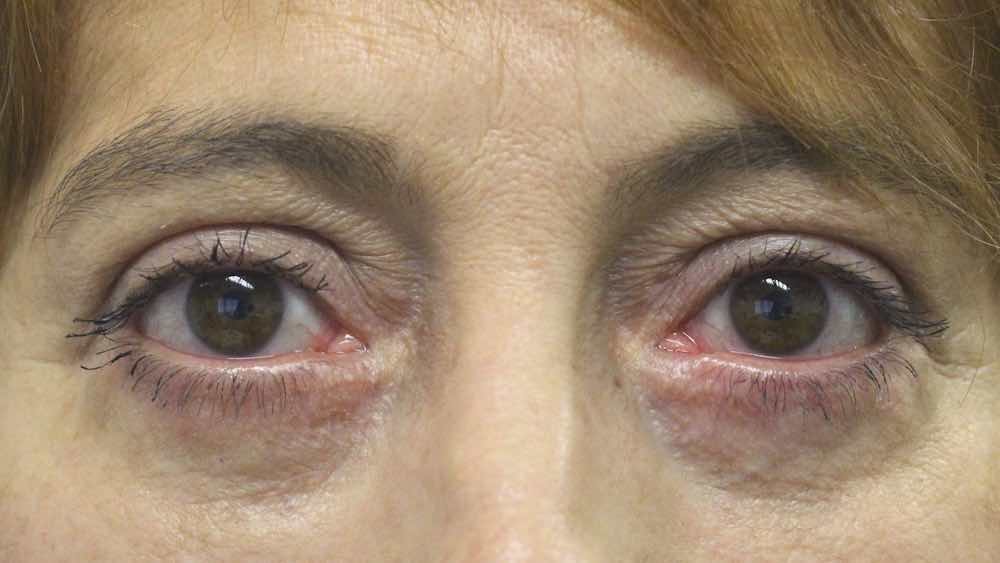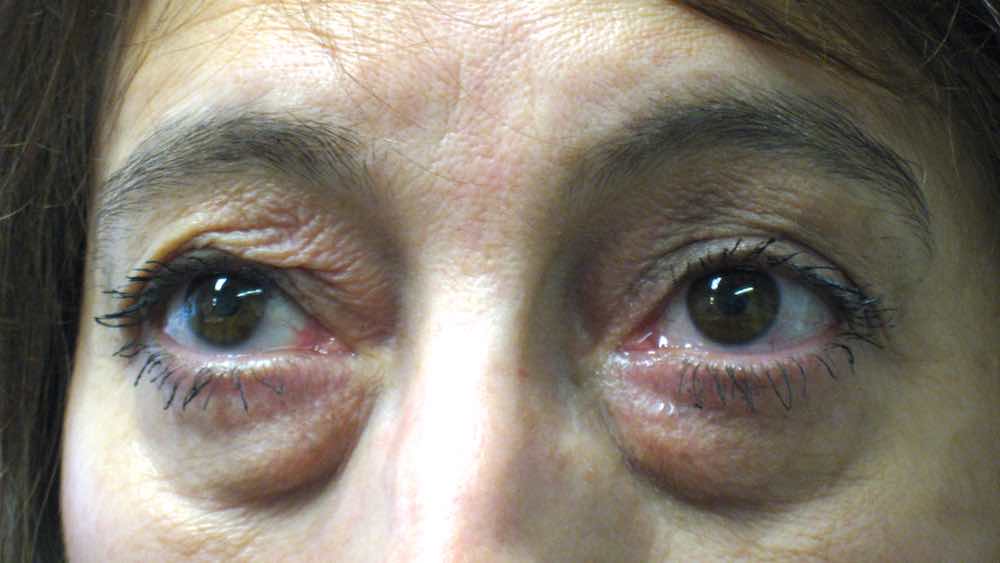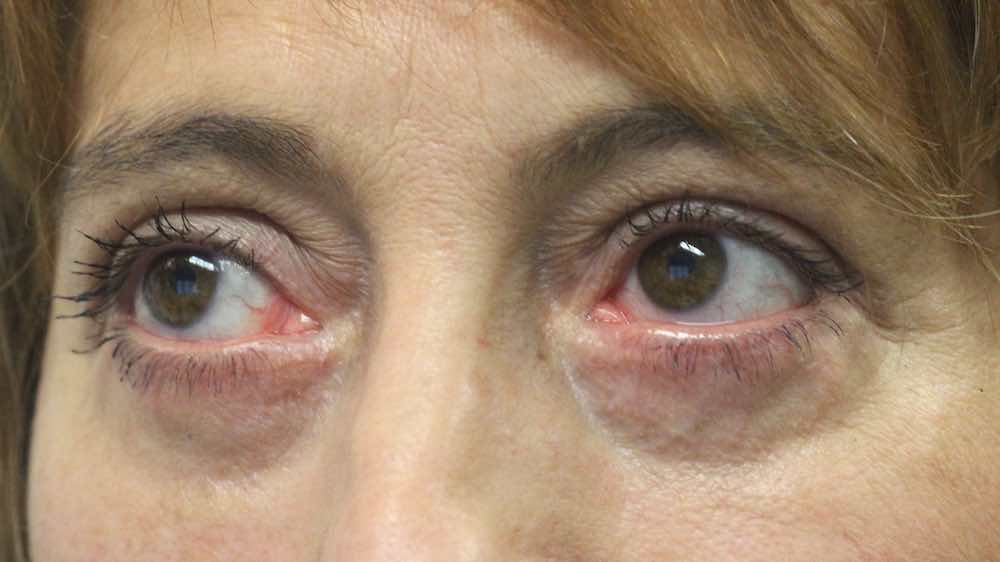Cosmetic Eyelid and Oculofacial Surgery
What is Rejuvenation and Cosmetic Surgery?
Rejuvenation surgery is a term to describe surgery directed at reversing the signs of ageing and encompasses many procedures including blepharoplasty and cheek lifts. Nonsurgical rejuvenation procedures also exist e.g. collagen fillers, chemical peels and botulinum toxin injections.
Cosmetic surgery is a broader term to describe any surgery to improve one’s appearance and thus includes rejuvenation surgery. For example, the removal of unsightly moles is also termed cosmetic surgery.
Why have cosmetic eyelid surgery?
On the whole, people are living longer and wish to continue to enjoy life. For many people, both men and women, their appearance remains an important factor in their self esteem, happiness and confidence.
Numerous changes occur to the structures of the face and body through the ageing process which alter one’s appearance. In some patients, these changes can occur earlier due to a family history, environmental factors and lifestyle factors. For example, changes in elasticity of the skin and muscle tone of the face can lead to the appearance of a heavy tired brow, hooded upper eyelids, sunken eyes, puffy lower lids and a sagging cheek.
Surgery can help reduce the natural signs of ageing and patients after successful rejuvenation surgery remark on not only their younger appearance, but also how this leads to an increase in their general sense of well being, self-confidence and outlook on life.
Increasingly, patients of all ages and both sexes are choosing to undergo rejuvenation surgery. The aims of rejuvenation surgery are to improve one’s appearance by addressing the changes due to ageing in a subtle way.
Good surgery achieves its aims by helping the patient look and feel younger without being obvious or incongruous with the rest of the patients appearance. Unfortunately, bad surgery is always obvious with the patient looking somewhat plastic.
What are my personal expectations of rejuvenation surgery and are they realistic?
Rejuvenation surgery, like any surgery, is associated with its own risks and unfavourable outcomes. A good surgeon will take the time to discuss these with you so that you can make an informed reasoned decision on whether or not you wish to proceed with surgery (informed consent).
For this reason, people considering undertaking rejuvenation surgery should think long and hard about why they personally wish to look younger and develop realistic expectations for the likely final outcome. Good outcomes and happy patients not only result from good surgery but also realistic patient expectations.
Fashionable Surgery?
Without a doubt, rejuvenation surgery is becoming increasingly popular around the world and on the whole it is very successful.
Unfortunately, the proliferation of cosmetic surgery has somewhat been trivialised and fuelled on by the media. Nowadays, a face lift or tummy tuck seem almost as trivial as a dental polish or a new hairdo. Indeed, cosmetic surgical procedures are shown with simultaneous dental work, new hair and fashion accessories as an instant makeover. Much of this trivialisation has been brought on by heavy marketing by a highly competitive and lucrative market for cosmetic surgery particularly in the USA, which is now emerging in Europe.
Cosmetic Surgery does not equal Plastic Surgery!
Cosmetic/aesthetic surgery revolves around surgery to improve the appearance of a physical characteristic. Contrary to public perceptions, cosmetic surgery is not performed only by general plastic surgeons. Indeed, much of this perception has evolved due to heavy commercial marketing often by the plastic surgeons themselves. In fact, much cosmetic surgery is performed by non-plastic surgeons. Both in the UK and USA, many types of surgeons usually start to develop an interest in cosmetic surgery after training first in their main branch of surgery.
For example, some general surgeons who have a special interest in breast surgery in the NHS, first develop their skills in functional breast surgery e.g. breast biopsies, before going on to developing an interest in cosmetic breast surgery in the private sector.
Some ear, nose and throat surgeons (ENT) train first in specialised cancer work of the ears and nose often in the NHS and then develop an interest in cosmetic surgery of the same areas in the private sector.
Some doctors who have trained in dentistry have a special interest in surgery of the bones of the face, and as part of their routine work become expert in surgery of the skin and muscles of the face. From these Maxillofacial surgeons they then develop an interest in performing cosmetic surgery e.g. facelifts.
Not all plastic surgeons perform cosmetic surgery and not all cosmetic surgeons are plastic surgeons!
Oculoplastic & Oculofacial Surgeons
Oculoplastic surgeons are doctors who train in general ophthalmology first (medicine and surgery of the eye) and then subspecialise in surgery of the eyelids. Only after many years of training in surgery of the eyelids do most oculoplastic surgeons then offer cosmetic surgery privately in the UK. On the whole, most oculoplastic surgeons do not offer surgery anywhere else but around the eyelid region. As part of their work, some oculoplastic surgeons also offer upper face (brow) lifts and midface (cheek) lifts.
It is therefore vital to be aware that each surgeon has his/her own subspecialty interest on which they concentrate most of the time. For this reason, it is ideal that the surgeon you choose to perform a particular procedure is not just capable but expert in performing a particular procedure. For example, some plastic surgeons, although excellent at hand reconstruction,are less capable at ear reconstruction. For this reason it is less important to know how your surgeon became expert i.e. from a general plastic, maxillofacial, or oculoplastic surgical training background, but that he/she has become expert in that procedure through continued regular performance of that procedure.
A good oculoplastic surgeon is expert at eyelid and periocular surgery. For this very reason, patients who develop uncommon complications and unfavourable outcomes, such as hollow eye syndrome, postoperative eyelid malposition, are therefore referred to oculoplastic surgeons for further management. In the rare event of complications occuring e.g. orbital haemorrhage during blepharoplasty, a competent oculoplastic surgeon should be able to manage this promptly, to prevent blindness. For the same reasons, oculoplastic surgeons are often able to a more bespoke approach to rejuvenation and cosmetic improvement of a patient’s eyelids e.g. simultaneous correction of ptosis (droopy lids), canthal tendon tightening, orbital fat draping, etc.
Is cosmetic eyelid surgery available on the NHS?
Purely cosmetic surgery such as for the purposes of making people look younger is neither available on the NHS or through private medical insurance schemes. These are usually paid for via patient self funding.
However, some types of oculofacial surgery to reverse or minimise the disfiguring effects of a disease process are sometimes available as part of patient rehabilitation e.g. eyelid lowering surgery for thyroid eye disease, and are thus available on both the NHS and via private medical insurance schemes.
So how do I choose my surgeon?
In the USA, there are many institutions or ‘boards’ which offer certification or membership to different doctors and doctors often declare membership of different boards as a qualification of their surgical expertise. It is often confusing that some doctors often declare certification of different boards/institutions when there are many different institutions each with their own membership criteria and certification criteria. Indeed some have commented that the reason why there seem to be so many certification boards is because there is a lack of regulation of the entire US cosmetic surgery system with each group of surgery provider having its own certification board often because of competing commercial interests.
In the UK, cosmetic surgery is similarly often performed by a bewildering variety of practitioners e.g. plastic surgeons, ear nose and throat surgeons (ENT/otolaryngologists), general surgeons, ophthalmologists, general surgeons, dermatologists...even some beauty therapists! In recognition of this fact, many of the Royal Colleges which represent each of the individual subspecialties of medical practitioners who offer cosmetic surgery, have issued a joint statement as advice for patients. Click here to view
Making an informed choice about whether or not to have surgery and also who to perform it is a difficult and important decision that should not be taken lightly. For this reason, one should try and research the options carefully and thoroughly. Many independent sources can offer useful advice on cosmetic surgery e.g. UK Department of Health. Often, the ultimate decision is based not only on qualifications/credentials, location, convenience and reputation/personal recommendation.
Although the cost of procedure is obviously important to the individual, it should be stressed that this should not become a high priority in deciding between surgeons. Cheap surgery may be more ‘expensive’ in the long run!
Useful Links/Files:
British Oculoplastic Surgery Society
Cosmetic Surgery Interspecialty Committee Advice

I cannot rate Mr Cheung highly enough. I’ve just looked at my before and after pictures and I am so, so pleased! I knew I was in great hands from my first consultation - David was knowledgable, kind and honest when explaining my options. He is fantastic. Thank you, David.
SWindsor27: Right Upper Lid Anchor Blepharoplasty: Review from RealSelf.com
